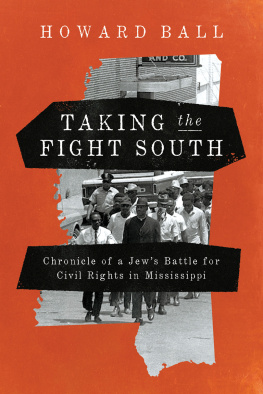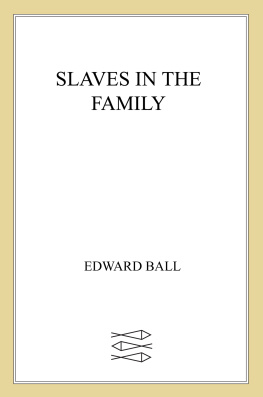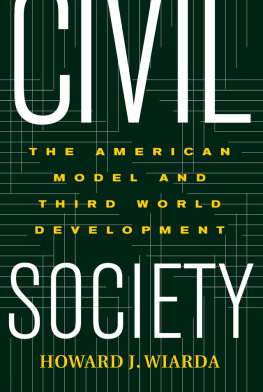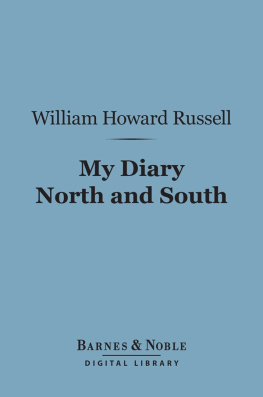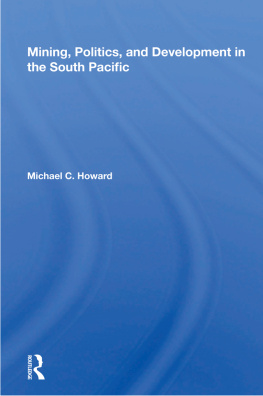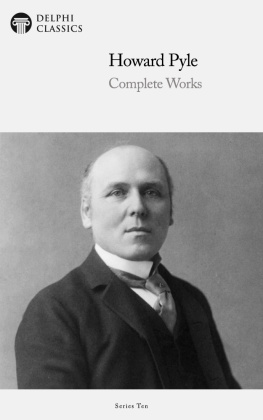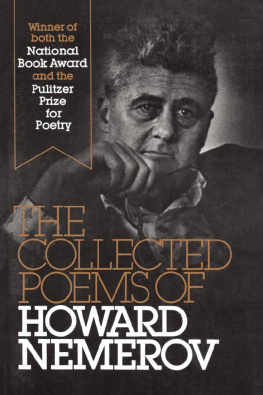Landmarks
Page-list
Taking the Fight South
TAKING the
FIGHT SOUTH
Chronicle of a Jews Battle for
Civil Rights in Mississippi
HOWARD BALL
University of Notre Dame Press
Notre Dame, Indiana
University of Notre Dame Press
Notre Dame, Indiana 46556
All Rights Reserved
Copyright 2021 by the University of Notre Dame
Published in the United States of America
Justice from The Collected Poems of Langston Hughes, by Langston Hughes, edited by Arnold Rampersad with David Roessel, associate editor, copyright 1994 by the Estate of Langston Hughes. Used by permission of Alfred A. Knopf, an imprint of the Knopf Doubleday Publishing Group, a division of Penguin Random House LLC. All rights reserved.
Library of Congress Control Number: 2020950325
ISBN: 978-0-268-10916-5 (Hardback)
ISBN: 978-0-268-10919-6 (WebPDF)
ISBN: 978-0-268-10918-9 (Epub)
This e-Book was converted from the original source file by a third-party vendor. Readers who notice any formatting, textual, or readability issues are encouraged to contact the publisher at
This story of a Jewish kid from the Bronx tenements
who moves his family to Starkville, Mississippi, to teach
and try to do justice would not have been told but for
the loving care provided to me by my sole tutor in
possum-ology and other South-isms, my dear friend
and spiritual brother-in-arms for justice,
DR . CHARLES D. LOWERY , of blessed memory,
professor of history, dean emeritus, at Mississippi
State Universityand a talented woodsman
Contents

Foreword
Jennifer A. Stollman
The Mississippi specter haunts the minds of individuals and communities who do not call it home. I grew up understanding that the state, so far away from my reality, was like the other side of the world. It was the antithesis of America. Mississippi and other states in the Deep South represented the loud and frightening death rattles for white supremacy. Mississippi was Goddamn and Burning. Mississippi was Till, Schwerner, Goodman, and Chaney. Mississippi was also Freedom Riders and Fannie Lou Hamer.
When I accepted the privilege of writing the foreword for Taking the Fight South,I assumed, following a routine that I had done previously, that I would read and write a few pages about what Mississippi was and wasnt, is and isnt, and how the state has changed and how it hasnt. Curiosity and deep respect for Howards social justice work in Mississippi and around the world encouraged me to accept reflexively the task of writing the foreword. What should have been a few days of work stood me still for weeks. His reckoning and recounting of his work and life in Mississippi caused me to face my personal Mississippi experience. I sat with Howard Balls work, and I expect that readers who are committed to social justice will experience the same responses. As he carries us along his journey, you will recognize the familiar signposts of success and strategy and fear and failure in the labor for justice.
I first came to Mississippi in 2002, almost three decades after Howard. Similarly, I arrived as a visiting professor at the University of Mississippi. Like Howard, I was cautioned by my Jewish family and friends not to go. They were frightened. Mississippi remained in their minds as a space of unreconciled violence. They could not understand why I would take this job when, back then, the job market was a bit easier for newly minted academics. Admittedly, I was curious. My Ph.D. focused on antebellum southern Jewish women and their complicated religious, regional, and racial identities. In my research, I followed nineteenth-century southern Jewish migration and settlements and traveled through Louisiana, North and South Carolina, and Georgia. A one-year position drew me to Mississippi, but a call to action awakened my lifelong journey fighting racism. During that year, I worked with like-minded individuals, traveled in the Delta, offered workshops on storytelling and interviewing for high schoolers, and created a tiny nonprofit dedicated to highlighting through the arts the lives of often silenced and ignored individuals.

